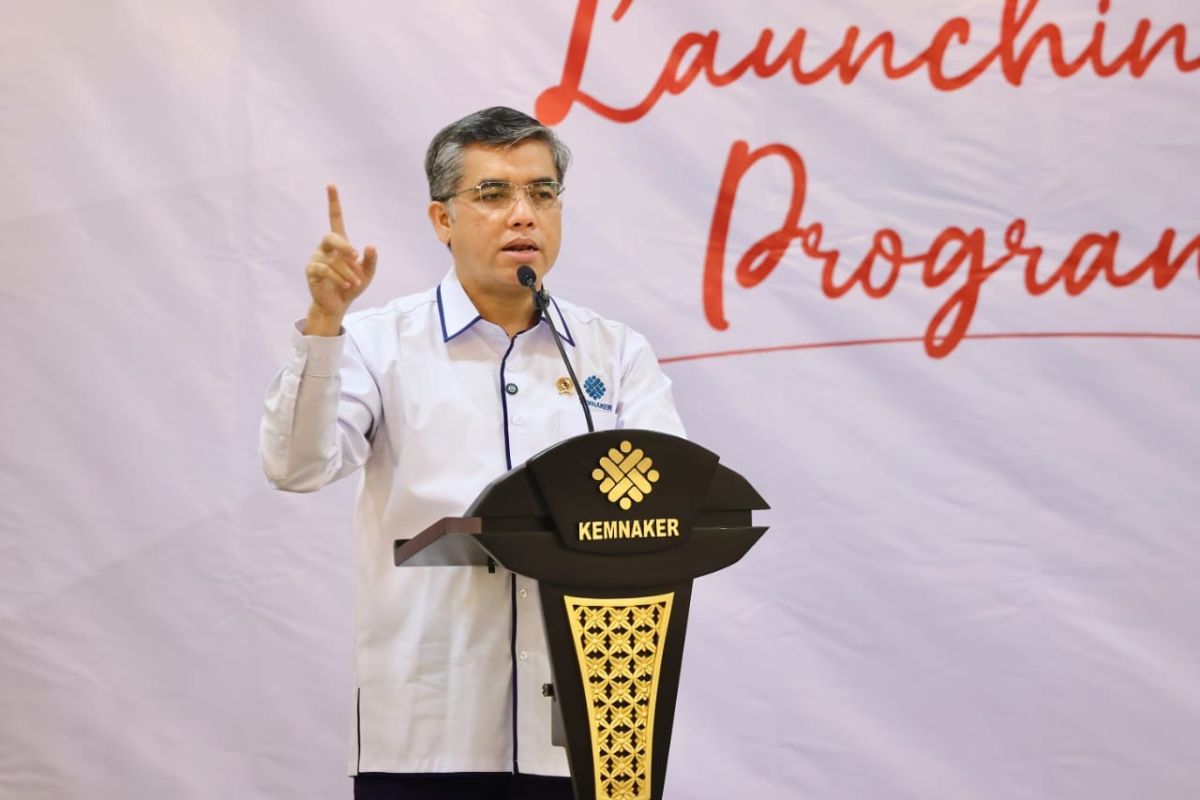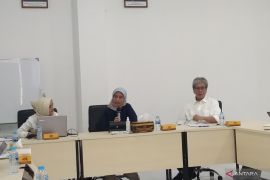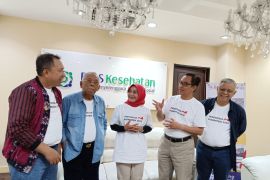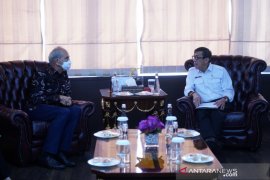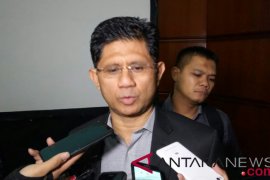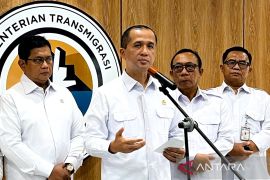Just 11.99 percent of informal workers are enrolled in the Workers Social Security Agency (BPJS Ketenagakerjaan), hindered by rigid payment schemes, limited awareness, and weak incentives, he said in a statement on Wednesday.
"Social protection is not a burden, but a basic right for every worker," he said, reiterating the government's target of 99.5 percent coverage by 2045 in line with its Universal Social Protection goals.
The minister urged local governments, associations, unions, and MSMEs to join forces, introducing flexible contribution schemes and community-based education campaigns.
"Gotong royong (mutual cooperation) is our national DNA. By expanding partnerships, introducing flexible contribution schemes, and strengthening education at the community level, we can realize comprehensive protection for all Indonesian workers," he said.
Moreover, Yassierli highlighted the importance of digitalizing services to facilitate registration and payment of contributions via various channels such as QRIS and digital wallets.
He also believes community-based public campaigns with simple approaches will effectively raise awareness among informal workers about the benefits of social security.
"Cross-sector collaboration is the key. The government is committed to providing fast protection, accurate compensation, and accessible services to boost public trust in the social security system," he added.
One major challenge remains insufficient socialization. Yet, the benefits of Jamsostek are tangible. “When risks occur, the state steps in to provide protection because these workers have actively paid contributions,” he explained.
Yassierli hopes social security will truly become a safety net for workers and their families. Therefore, the collaborative model currently being developed needs to be scaled up to reach more workers.
"Our challenge is to find new breakthroughs to expand protection," he stressed.
Additionally, Yassierli appreciated the support from various parties in the social protection program and encouraged BPJS Ketenagakerjaan to continue innovating through program development, strengthened outreach, and enhanced service capacity.
"We hope this cross-agency collaboration will be further strengthened so that the goal of increasing social security employment coverage can soon be realized," he added.
Translator: Arnidhya, Azis Kurmala
Editor: Rahmad Nasution
Copyright © ANTARA 2025
